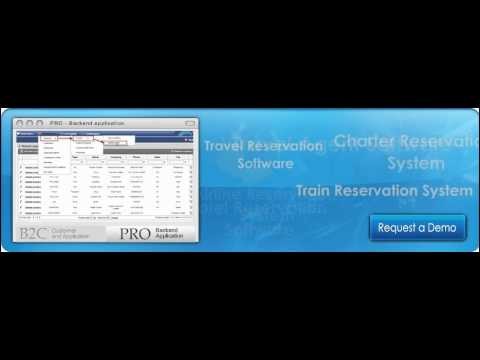Understanding Employee Equity Every Startup s Secret Weapon
Post on: 2 Август, 2015 No Comment

Follow Comments Following Comments Unfollow Comments
As one of the brains behind a little startup called PayPal, Bill Harris knows more than a bit about the importance of stock options. If there’s a block in Silicon Valley he hasn’t been around, he hasn’t found it yet, and he’s spent the past three years sharing his hard-won secrets with young entrepreneurs including last year’s biggest winners, baby-faced Facebook millionaires.
At an afternoon session of South By Southwest Interactive Friday, Harris– the current founder and CEO of Personal Capital –schooled a conference room of would-be millionaires and billionaires, young founders hoping to become the next Zuckerberg. Stock options aren’t just a pathway to wealth, he says, but the most powerful tool at their disposal in building a successful business.
“The people you want to attract to your business are the people who want equity,” he says. “You need people who are willing to take risks. And then you need to reward them.” For that, he says, stock options are the “best little storehouse in Texas .”
Offering stock options to incentivize employees is every early stage startup’s very vest friend. “It’s great for the company since it’s got no cash outlay,” Harris says. “For the employee it’s even better. They benefit from the stock price rising and are protected from its dips.”
For first time founders, who Harris says often struggle with understanding the maximum value of the dangling carrot of stock options, he laid it out quite simply: the standard drill is a one year cliff for new employees after which stock options can begin to vest monthly or annually. Rules of thumb on who gets how many options vary, he says, but executive or early hires can be granted as much as 1-2% of the total shares of the company.
Beyond the obvious, Harris says stock options another huge win for employees offered stock options are the many benefits they will experience that no other future investor can ever hope to. Why? “In startups employees are often able to purchase exercisable shares by as big a discount of as much as 10 to one,” he shares “In other words if the preferred stock is a dollar, the common share and employee can could be 10 cents.” When those shares begin to increase in value” the profit on each share can be massive.

Vesting, though, is the biggest bargain. Typically stock options vest completely in four years, Harris says. “It’s is a great thing. By giving somebody four year options today and the company grows you’ve locked in today’s value for four years. For a successful company this is one more lever at making these stock options valuable for employees.”
The final way employees win through company equity? unlike a primary paycheck, theyre not taxed until exercised. “Options are options to buy stock not stock ownership,” he says. “The best bet is if you hold the stock for at least a year that’s considered a capital gain which is taxed at a much lower rate.”
While pragmatic, Harris does take an extreme stance on employees. “I’m against salary,” he says. “More money more problems.” He’s all for options. That said, they do have their own problems.
The biggest problem though, is one of education. Most employees don’t understand the value of the options they hold. “It’s like a lottery ticket,” Harris says. “Maybe they’ll get rich maybe not. But they don’t get the value.” It’s important to educate employees on the reality of their second paycheck. Otherwise, he says, the company is wasting its most precious asset. “Options are meant to be given away to recruit, retain and motivate,” he says, “But you can only achieve that if its understood.














